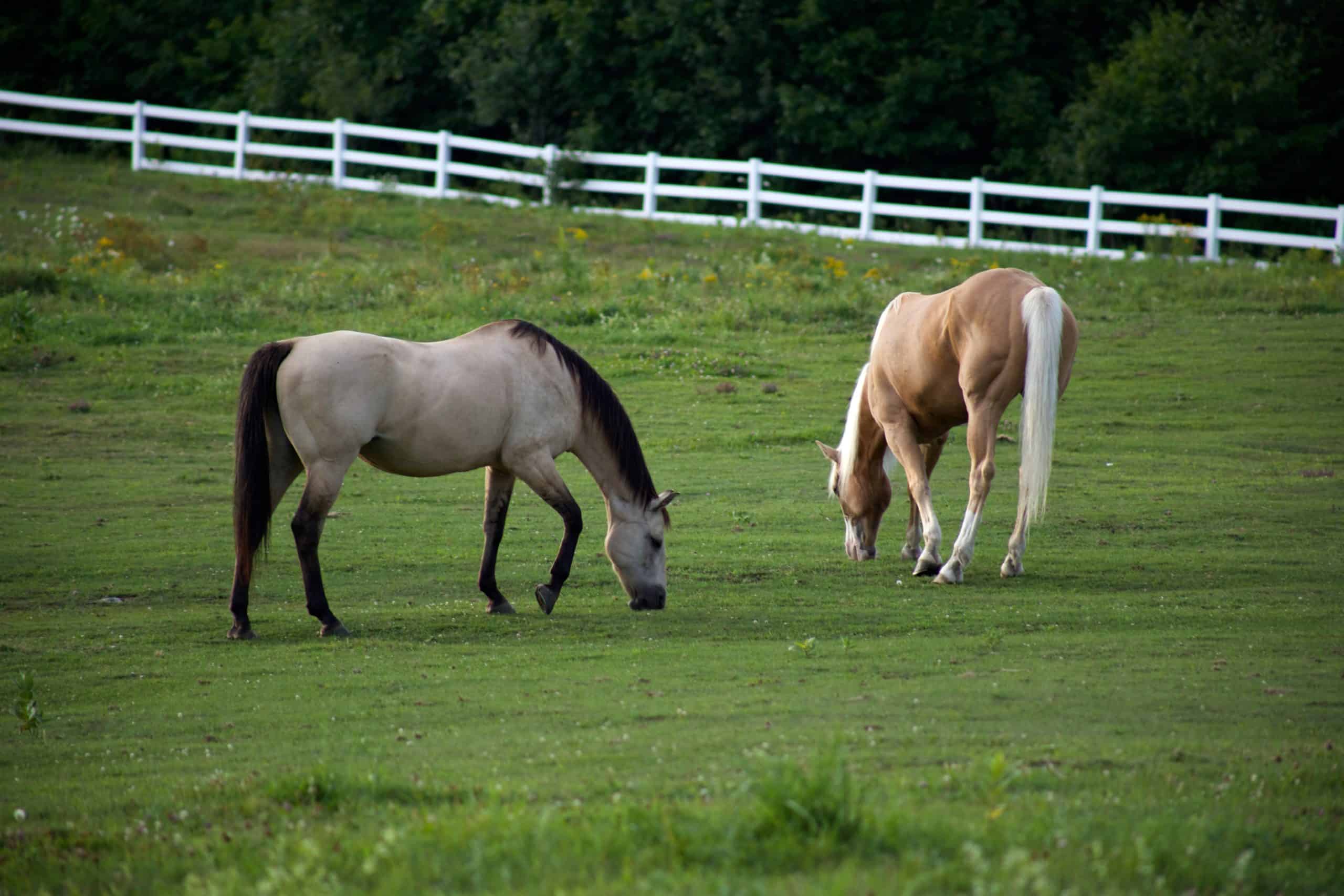Canada-wide flat shipping $9.99 | Free shipping for orders over $100
As equestrians, we all want the best for our equine partners and part of that is the nutrition equation. As a horse and barn owner, I’ve always wanted to dig deeper into the nutritional recommendations from industry experts.
I dug into three articles written by experts and pulled out their key points and takeaways: The first article “When Do Horses Need Vitamin E?” by Clair Thunes, PhD, the second by one of my favourite sources KER “Understanding Vitamin E in Equine Diets,” and the third article titled “Why your horse needs vitamin E” by renowned rancher Heather Smith Thomas.
I strongly encourage you to read these articles when you have time as they are dense in information and great resources. The quick and short version is below.

To conclude, Vitamin E is an essential nutrient that may need to be supplemented based on your horse’s diet, age, underlying conditions, and work.
Hungry for more? Here is the second post of the series: Equine Nutrition: Selenium.
